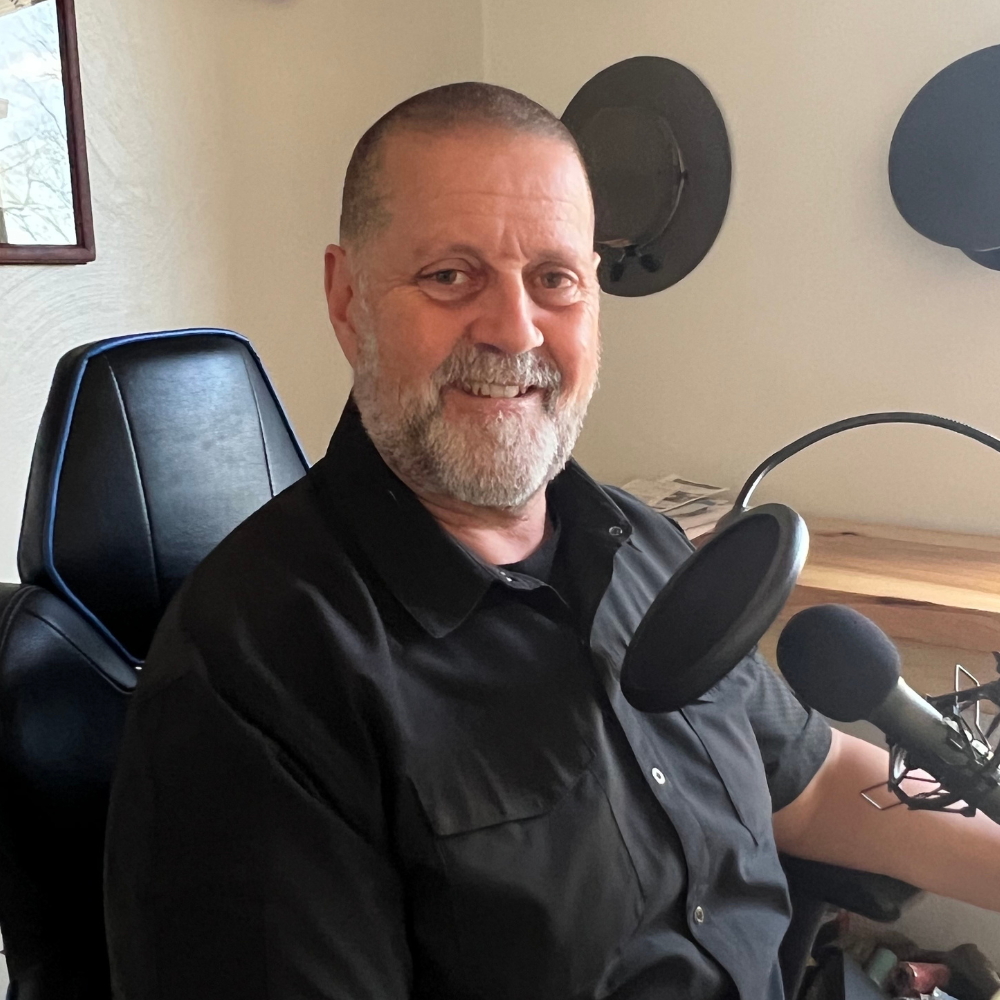In several blogs, I have written about school incidents, who is in charge, the incident command system, and safety teams. I have left it up to the reader to determine exactly who is the person actually in charge of managing an incident. While there is an overwhelming idea that this is a first responder function or it will be handled by the Director of Safety or just about anyone else, in reality, it will be the responsibility of the school principal to manage any significant event. I want everyone to ask: Are we setting them up for success? Are we building them to be the heroes we expect them to be?
Did he just say, heroes? While none of us, regardless of the profession we chose, got into that position to become heroes, for many of us, there are times when we are presented with circumstances that can go one of two ways: being the hero or the scapegoat. In all reality, the two are not that far apart from each other. The primary difference between the hero and scapegoat is the preparation before the defining moment. Does this sound familiar? It is what we have been talking about extensively over the past few years. Sometimes, heroes are not those who do superhuman feats but those who do what is expected of them at a time when they are expected. The vast majority of those times go unnoticed and are not formally recognized. However, what we do daily defines who we are and how we will respond when the life-defining moment comes, and we respond as expected. So, how do we do that? How do we know how to prepare? How do we know when we are prepared? How do we get there?
While this article focuses on our schools' principals, we will focus more on our responsibilities to ensure that our principals can perform when needed most. To do this, let’s take a look at professional football teams. Within each of these teams, many components are focused on the team's success. As we take a closer look, compare your school’s team sports, and you will begin to see how similar our schools and districts are very similar. We will look closer at the “Front Office,” the coaching staff, the teams, the specialists, the support staff, and the fans. But first, let’s look at the organization's general operational philosophy.
Pointing out the obvious, the professional football team exists to make someone, actually many people, lots of money. But let’s move past that part of the organization and look at how they do that. From an organizational perspective, the more successful they are, the more money they make; simple enough. Success is defined in one way. Each team has the same goal: winning the Super Bowl. The front offices provide the team with everything they need to accomplish that one simple goal: coaches, players, uniforms, equipment, a place to play, trainers, and all sorts of support staff. Even if you are not an avid football fan, you have some understanding of all that goes into playing a single football game, not to mention all that it takes to get to and win the Super Bowl.
While every aspect of the game and the business are team activities, when all is said and done, who typically becomes the hero, and for that matter, the scapegoat if they lose? The answer is, of course, the quarterbacks. Even if they aren’t explicitly singled out, there will always be something that separates them from each other; the winner will likely be named the MVP (read hero), while everyone will question the loser about why his team lost and if he will ever be able to win (the scapegoat). With the entire organization putting all its resources into this endeavor, you would think there would be no way they could lose. But they can afford to lose and try again next year. The big difference is that your principals will not get an eighteen-week season, nor will they know when their “Super Bowl” will be, and we can’t afford to lose. So, how is a professional football organization like a school district? Let’s take a look.
So, who sets up our principles to give them every opportunity to succeed? With the principals as the focus of our safety endeavors, we can better understand what is needed for success. Let’s take a look at the football organizations and see who is responsible for building their heroes:
- The Front Office (School District): The front office is responsible for setting expectations, setting policies, providing essential personnel, proper equipment, systems, coaching, structure, special teams, financial resources, and regular evaluations of the status of the team’s progress.
- The General manager (The Superintendent): This person is primarily responsible for ensuring the team accomplishes the organization’s goals, has the resources they need and objectives, and is the liaison between the schools and the school board.
- The Head Coach (Assistant Superintendents, Directors of Safety, or Safety Coordinators): This person is responsible for providing the game plan, providing training (or getting training for those needing it), ensuring all the members are trained so they can perform as expected and when expected, that they understand the game plan, that they understand the playbook, etc.
- The Quarterback (The principal): When it is game time, this person is responsible for the execution of the plan and managing what is happening on the field. While the Head Coach or the Offensive Coordinators may be calling the plays, it is the quarterback who is ultimately responsible for the outcome based upon the circumstances and situational awareness of each play and by the totality of the game. The quarterback is the final decision-maker. If the quarterback lacks something to do their job, they must ensure they get whatever they need.
- The Team (teachers, support staff, and building-level teams): All of these people are responsible for knowing their assignments during the game, and to be successful, they all have to perform their jobs.
Of course, many other people participate in this, but you get the picture. What is essential here is that we all pull together the components, training, and equipment to give the principals what they need to do their jobs during an emergency. If we don’t, we can expect they will fail. An answer to a question from one of the Columbine High School tragedy survivors when asked, after all of these years, what would you tell people? “After speaking with people from other schools about their incidents, they all replied, ‘We just didn’t think it would happen here!’ We have to change our mindset!”








.png)



No Comments Yet
Let us know what you think